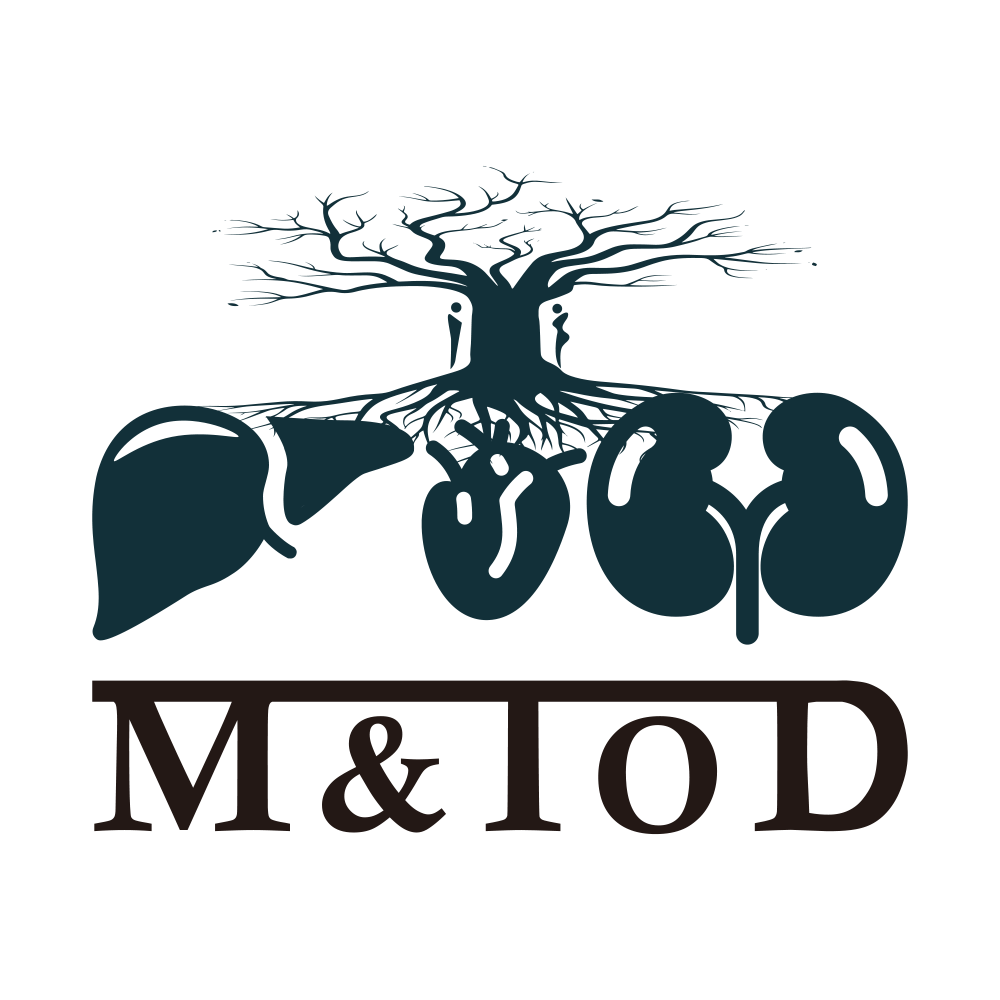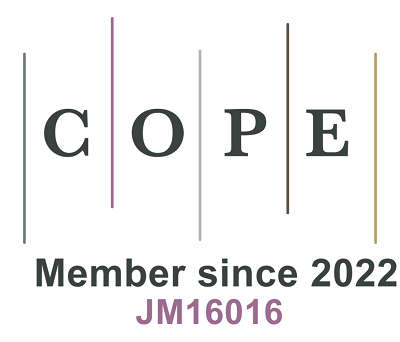fig1

Figure 1. Simplified one-carbon metabolism pathway and homocysteine regulation. This figure illustrates key regulators of homocysteine and their interactions, as simulated by the mathematical model[5,7]. OCM and homocysteine are regulated intricately, not only through the transcription/translation of key enzymes but also through allosteric inhibition/activation, competing/non-competing inhibition, and group substrate inhibitions. OCM metabolites include all substrates and products of enzymes within the folate/methionine cycles. These metabolites undergo methylation and demethylation but remain within the cycles, maintaining a constant total molecular mass. In contrast, two exit pathways (indicated by red arrows), the transsulfuration and polyamine pathways, convert homocysteine and SAM to molecules that do not reenter the folate/methionine cycles, thereby reducing the total molecular mass. Enhanced transsulfuration, which converts homocysteine to cystathionine (a molecule that would not reenter the folate/methionine cycles), could effectively reduce tissue homocysteine. A similar theory can be applied to the polyamine pathway; converting SAM to polyamine and then further to hypusine (both of which would not reenter the folate/methionine cycles) would reduce tissue homocysteine, although experimental data for the polyamine pathway are currently limited. OCM: One-carbon metabolism; SAM: S-adenosylmethionine; BHMT: betaine-homocysteine methyltransferase; CBS: cystathionine-beta synthase; MARS: methionyl-tRNA synthetase; MTHFR: methylenetetrahydrofolate reductase; PEMT: phosphatidyl-ethanolamine N-methyltransferase; POS: paraoxonase. GNMT: glycine N-methyltransferase; 5mTHF: 5-methyltetrahydrofolate; SAH: S-adenosylhomocysteine.









